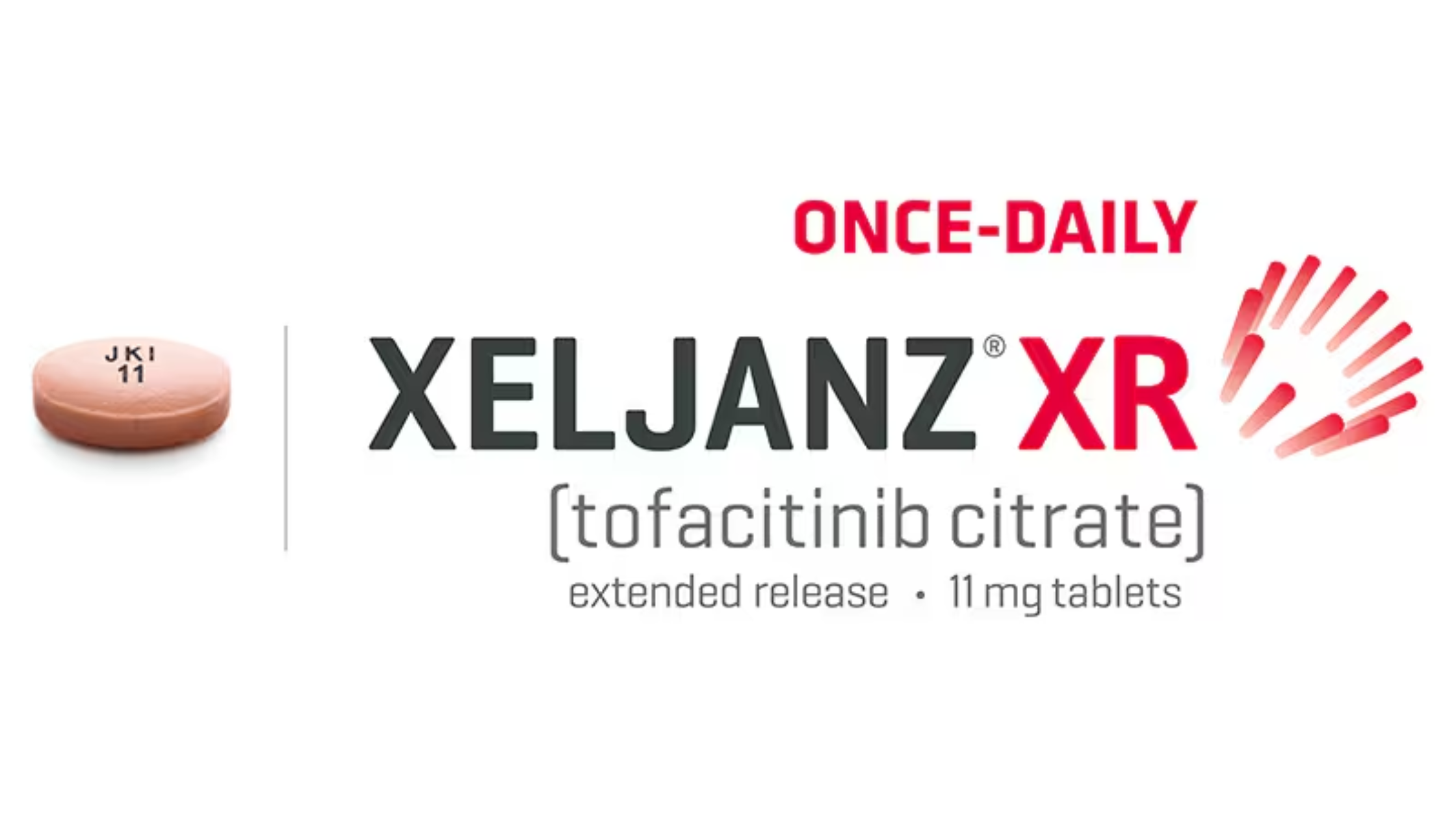Last updated on July 11th, 2025 at 09:26 am
So, is Farxiga used for chronic kidney disease? Yes. In this piece, you will discover how Farxiga is revolutionizing the treatment of Chronic Kidney Disease. Learn about its role in managing kidney health, potential side effects, and the latest research supporting its use for CKD.
Chronic Kidney Disease
Chronic Kidney Disease (CKD) is a progressive condition characterized by the gradual loss of kidney function over time. Managing CKD is crucial to prevent further complications, including kidney failure, treatment options, cardiovascular diseases, and mortality.
Recently, according to the New England Journal of Medicine (Dapagliflozin in Patients with Chronic Kidney Disease), Farxiga (dapagliflozin) has emerged as a promising treatment for diabetic nephropathy and CKD. This guide delves into the use of Farxiga for CKD, its benefits, side effects, and the latest research supporting its use.
Chronic Kidney Disease, CKD Overview
Chronic Kidney Disease has affected millions of people worldwide and is often referred to as a “silent disease” because it can progress without significant symptoms until it reaches an advanced stage. Your kidneys play a vital role in maintaining renal health by filtering waste and excess fluids from your blood, which are then excreted in urine. When kidney function declines, it leads to the accumulation of harmful substances in your body, causing various health issues.
Farxiga (Dapagliflozin) in a Little Depth
Farxiga, also known by its generic name dapagliflozin, is an oral medication primarily used to treat type 2 diabetes. It belongs to a class of drugs called sodium-glucose cotransporter-2 (SGLT2) inhibitors, which have been shown to offer kidney-protective benefits in addition to lowering blood sugar levels.
How Farxiga Works
Farxiga inhibits the SGLT2 protein in the kidneys. SGLT2 is responsible for reabsorbing glucose from the urine back into the blood. By inhibiting this protein, Farxiga reduces glucose reabsorption in the bloodstream, leading to increased glucose excretion through urine. This mechanism not only helps in controlling blood sugar for diabetes but also offers significant benefits for patients with CKD by protecting kidney function and improving overall outcomes. (For more in-depth details, read “How does Farxiga help kidneys?“)
Farxiga and Chronic Kidney Disease
Recent studies have demonstrated that Farxiga has significant benefits for patients with CKD, even for those without diabetes. These benefits highlight Farxiga’s potential as a chronic kidney disease drug that addresses kidney disease prevention and management comprehensively.
The DAPA-CKD Trial
The DAPA-CKD trial was a landmark study that investigated the effects of dapagliflozin on kidney outcomes in patients with CKD. The study included patients with and without type 2 diabetes, providing a broad perspective on the efficacy of Farxiga.
Key Findings
- Slower CKD progression: Farxiga significantly slowed the decline of kidney function compared to a placebo.
- Reduced kidney failure risk: Patients on Farxiga had a lower likelihood of developing end-stage kidney disease (ESKD) requiring dialysis or transplantation.
- Improved kidney outcomes: The trial highlighted Farxiga as a game-changer in reducing risks associated with CKD.
Benefits of Farxiga for CKD Patients
The use of Farxiga for CKD treatment offers several advantages, including:
- Kidney failure management: Farxiga slows disease progression, helping maintain kidney function.
- Cardiovascular protection: CKD patients face increased risks of heart disease, but Farxiga reduces the likelihood of heart failure and major cardiovascular events.
- Quality of life improvement: Patients using Farxiga often experience fewer complications and enhanced daily functioning.
Does Farxiga Improve GFR?
Farxiga’s mechanism directly impacts the estimated glomerular filtration rate (eGFR), a critical marker of kidney function. While it may temporarily reduce eGFR levels upon initiation, studies confirm that Farxiga helps preserve GFR over time by reducing intraglomerular pressure and providing protective benefits to the kidneys. For more details, read Does ‘Forxiga Help With CKD?“
Potential Side Effects of Farxiga
While Farxiga offers numerous benefits, it’s important to note potential side effects, including:
- Urinary tract infections (UTIs)
- Dehydration risk in CKD patients
- Increased risk of diabetic ketoacidosis
Healthcare providers carefully evaluate the risks vs. benefits of Farxiga in kidney disease treatment before prescribing.
Latest Research and Developments
The field of nephrology and diabetes management continues to evolve, with new research uncovering additional applications for Farxiga. Recent studies have focused on the drug’s ability to improve renal and heart health outcomes across diverse patient populations.
Farxiga has revolutionized the management of CKD by offering a comprehensive kidney disease treatment that addresses glycemic control, cardiovascular protection, and renal health. As research progresses, Farxiga’s role in CKD treatment continues to expand, offering hope for millions of patients worldwide.
Discover, Is Forxiga bad for kidneys?




Only wanna comment that you have a very decent site, I like the pattern it really stands out.